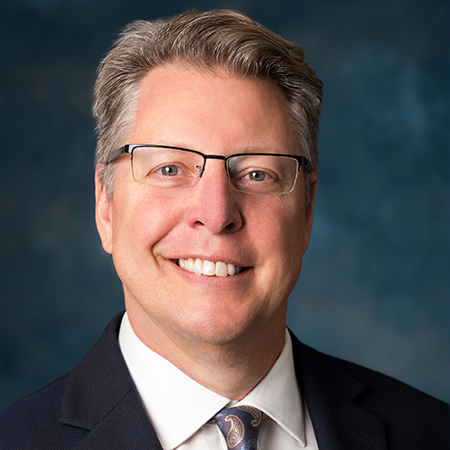'Something has to be done.' The battle against high blood pressure
To call high blood pressure “insidious” only scratches at the surface of its deadly impact. It’s a factor in up to half a million deaths every year in the United States alone1. It’s often referred to as the “silent killer” because millions of people don’t know they have it2. And even those who do know are often unable to control it1.
“Intervention is needed now,” said then-acting United States Surgeon General Dr. Jerome Adams in a 2020 Call to Action to fight high blood pressure (also known as hypertension). Dr. Adams advocated making hypertension control a national priority.
The health risks associated with hypertension are plentiful. High blood pressure is a major contributor to heart disease and stroke, the first and fifth leading causes of death in the United States3. Data show that decreases in blood pressure can make a difference; in one publication of more than 600,000 patients, a 10-point reduction in blood pressure led to a 20 percent reduction in major cardiovascular disease events and a 27 percent reduction in stroke.4
An estimated 1 in 2 American adults suffer from hypertension and have been advised by their doctor to make lifestyle changes and/or take high blood pressure medication5. But approximately 3 in 4 patients do not have their blood pressure under control1.

The issue is often non-adherence – many patients simply cannot or do not make the necessary lifestyle changes or adhere to their medication regimen6. Studies indicate as many as half of Americans who are prescribed blood pressure medication stop taking it within one year.7
“High blood pressure often comes on gradually and has no outward symptoms,” said Doug Hettrick, Ph.D., Senior Director of Medical Affairs at Medtronic. “Patients feel fine. So when they start taking medications, which often have side effects, they may actually feel worse. That negative experience can make it very difficult for people to keep taking their prescribed medications.”
The Surgeon General’s Call to Action identified a wide variety of other “significant barriers” to adherence, such as inadequate health insurance, limited access to healthcare, low levels of health literacy, complex medical management needs, and mental health challenges8. Even though the prevalence of high blood pressure has remained unchanged over the last decade, progress in controlling it has “stalled,” according to the Surgeon General7.

Medtronic has devoted years of research and development to studying hypertension, with hopes of finding a new method of treating the disease.
“Something has to be done,” said Dr. Jeffrey Popma, vice president and chief medical officer of the coronary, renal denervation and structural heart business at Medtronic. “We’re confident we can succeed, and if we do, we may be able to improve life for a lot of people who suffer from hypertension today. Ultimately that’s our Mission and that’s what drives us to continue our research.”
1 CDC WONDER Online Database website. About Underlying Cause of Death 1999–2017. Centers for Disease Control and Prevention; 2019. http://wonder.cdc.gov/ucd-icd10.html. Accessed February 28 2020.
2 Cooper T. Hypertension; the silent killer. J Pract Nurs. 1973;23(11):23–25.
3 Ritchey MD, Gillespie C, Wozniak G, et al. Potential need for expanded pharmacologic treatment and lifestyle modification services under the 2017 ACC/AHA Hypertension Guideline. J Clin Hypertens (Greenwich). 2018;20(10):1377–1391.
4 Ettehad et al. Lancet, 2016.
5 https://www.cdc.gov/bloodpressure/docs/SG-CTA-HTN-Control-Report-508.pdf, Fig. 1 and 2.
6 Bosworth HB, Granger BB, Mendys P, et al. Medication adherence: a call for action. Am Heart J. 2011;162(3): 412–424.
7 Early adherence to antihypertensive drugs and long‐term cardiovascular mortality in the “real world.” https://www.ncbi.nlm.nih.gov/pmc/articles/PMC8678652/#:~:text=A%20meta%E2%80%90analysis%20of%20data,may%20stop%20their%20initial%20treatment.
